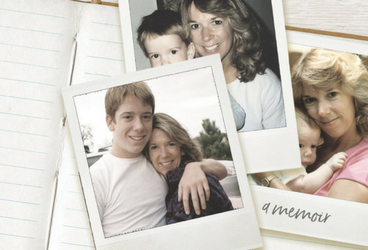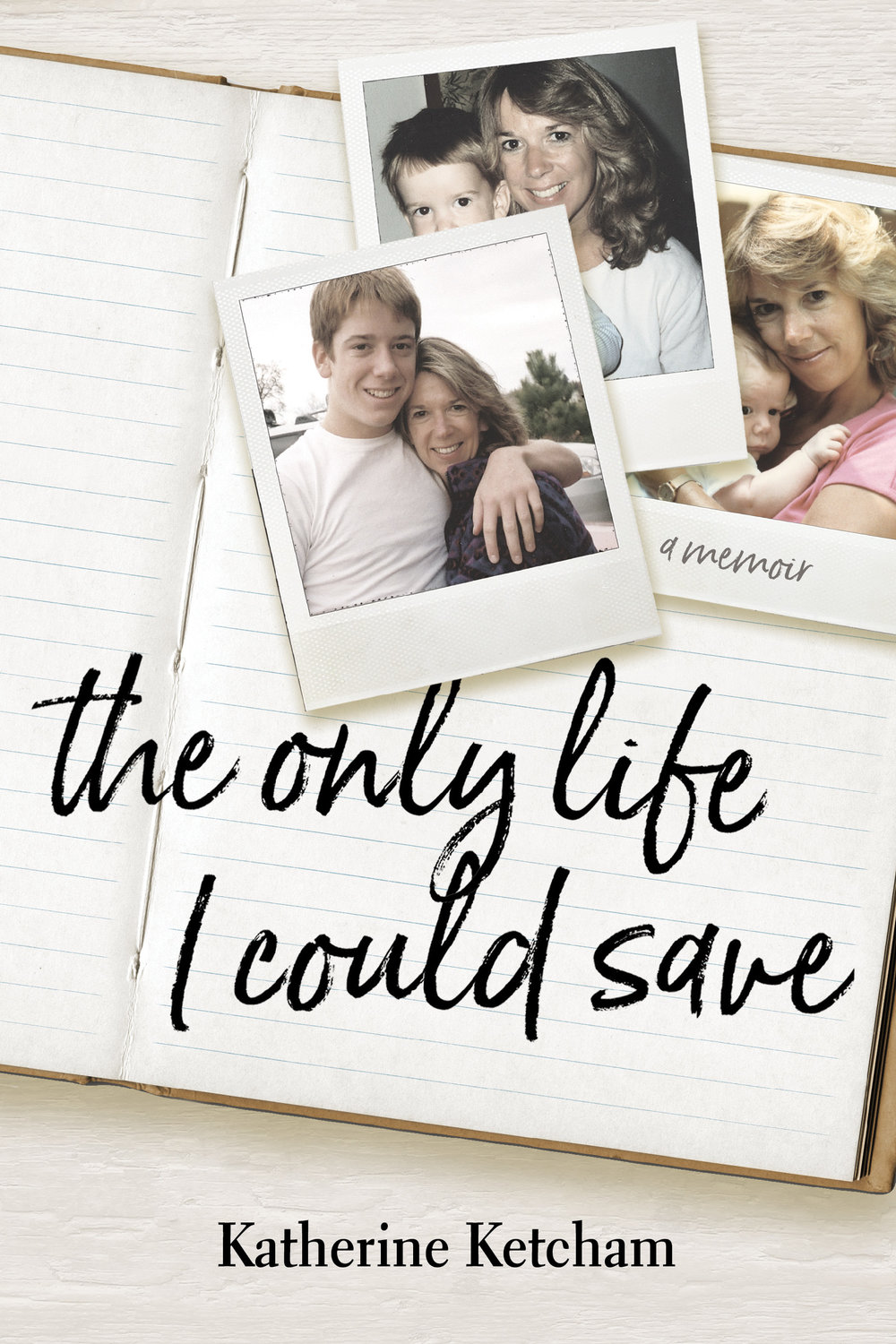
April 30, 2018 |
Exclusive Interview with Author Katherine Ketcham
A new memoir by author Katherine Ketcham tells the story of her journey of transformation, understanding, and healing, in the face of her son’s addiction and eventual path to recovery.
The Recovery Research Institute sat down with Author Katherine Ketcham to talk about her new book, The Only Life I Could Save, and what advice she would give to family members caught in a similar struggle to help save a loved one from addiction.
“There are two pathways before you – one is the road to addiction and the other is the path to recovery. If you choose to go down the addiction road, I cannot go with you for that journey will destroy us all. But if you choose the recovery pathway, I will walk with you to the ends of the earth.” – Katherine Ketcham
What inspired you to write this book?
When my son, Ben, started using drugs at age 12, I had coauthored half a dozen books on addiction. I worked with teens and parents at the Juvenile Justice Center and I was starting to write a book about adolescent addiction (“Teens Under the Influence”). I was an “expert” and yet when the disease walked through my front door, I became the parent I was talking to in my books. I was struck dumb – deeply confused about what to do and where to turn for help, paralyzed with fear, consumed with guilt and shame about my inability to prevent or stop the disease from threatening my child’s life.
Who is this book dedicated to?
From a different perspective, The Only Life I Could Save is a love letter to my son, my husband and daughters, to all the people I met along the way who helped us with their courage and compassion, especially the mothers, fathers, and siblings I met in treatment and in recovery groups. A group of strangers became my most trusted friends, for with them I could share my deepest emotions, my shame and my guilt, and know that they understood and would not judge.
In the end, I think this book is testament to forgiveness as I honor the flaws and frailties that define what it means to be human. A close friend who lost her son to an opioid overdose recently said, “I have soft eyes.” We cry together, knowing that our experiences with our children have changed the way we look at the world. Our experiences allow us to see deeper, beneath the surface, knowing that every person on this earth has experienced suffering and loss. Looking at others with soft eyes, we work hard every day to avoid judgments and instead offer empathy, kindness, and understanding to friends and strangers alike.
Who is the intended audience for the book?
I wrote the book as a mother, not as an expert, and I wrote it for other mothers and father who, like me, are confused, hoping the problem will fade away, who feel alone, afraid, and judged by others. Even unconditional love cannot pull a child back from the abyss of addiction. By telling my story honestly and openly, exposing my deepest fears and most agonizing struggles, I hope that other family members will see themselves in the mirror of my story and realize they are not alone.
What is the meaning behind the title, The Only Life I Could Save?
 I couldn’t save my son Ben – I could only save myself. I wrestled for a long time with the concept of “letting go,” believing that if I fought hard enough and loved deeply enough, I could make miracles happen. I lived under the illusion that I could keep Ben safe, protect him from harm, just as I did when he was a child. The parental instinct to protect and defend your child at all costs is deeply embedded, part of our DNA. I had to fight that instinct, and it was a tooth-and-nail battle with myself to let go and accept the fact that I did not have the power to save Ben’s life. That was his task, his challenge, his fate.
I couldn’t save my son Ben – I could only save myself. I wrestled for a long time with the concept of “letting go,” believing that if I fought hard enough and loved deeply enough, I could make miracles happen. I lived under the illusion that I could keep Ben safe, protect him from harm, just as I did when he was a child. The parental instinct to protect and defend your child at all costs is deeply embedded, part of our DNA. I had to fight that instinct, and it was a tooth-and-nail battle with myself to let go and accept the fact that I did not have the power to save Ben’s life. That was his task, his challenge, his fate.
Letting go of the belief that I could change another person’s life allowed me to understand and accept that the only life I could save was my own. I had to come back to myself, and in that process I was changed, humbled, radically transformed as I found courage and strength in a circle of strangers who were struggling, like me, to deal with their fear, pain, and helplessness. After so many tears, I discovered laughter again. After so much anguish, I found hope again.
What is one of the biggest lessons you’ve learned throughout your journey, that you were able to share in the book?
Let go. But letting go, as I came to realize, is not the same as abandonment. I never abandoned my son or my unconditional love for him, and I never let go of the hope that he would find his way home to recovery. Instead, I let go of the illusion that I could control his life. I was able to let go when I asked for help and discovered a community of fellow human beings who were also hurting and afraid. We shared our stories, and in joining my story with others on the same journey, I discovered that I was not alone.
What advice would you give to parents going through something similar?
Tell your story. Listen to other people’s stories. Create a community where it is safe to tell your stories, where you can open your heart and soul to others who are also suffering and struggling with a child’s drug use or substance use disorder. Walking into a room of strangers is not easy but as one father recently told me, “it was one of the best things we ever did.”
“It was hard to tell people about our experience but after telling our stories, my wife and I both felt as if a weight was lifted off our shoulders. It was a welcome feeling and very humbling to be part of a group that exists only to support each other, share their stories, and give each other the best advice they can to help each other out. No promises, no guarantees, we just offered each other love, hope and support with complete honesty, without any fear of judgment.”
Also, always remember that there is no amount of knowledge that can protect you from the pain and trauma of this disease, and nothing you have said or done caused it. I keep going back to the 3 C’s:
- You didn’t Cause it
- You can’t Control it
- You can’t Cure it.
ABOUT
Katherine Ketcham is the author of 17 books on addiction. Her books have been published in more than 15 different languages, and have sold over 1.8 million copies worldwide.
Publisher: Sounds True, 2018
| ISBN-10 | 1-62203-978-5 |
|---|

